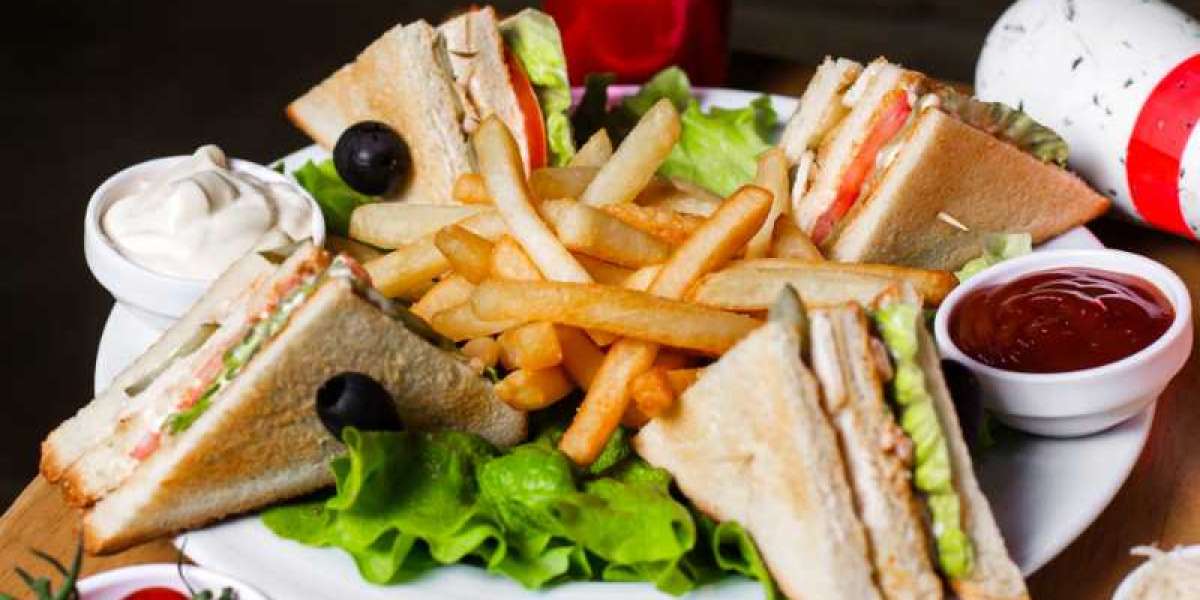The food and beverage (FB) industry is one of the most dynamic and essential sectors in the global economy. From farm to fork, it touches every part of our lives—how we eat, what we drink, and the values we prioritize as consumers. Over the past decade, the industry has been undergoing rapid transformation, driven by shifting consumer behavior, technological advancements, and a growing demand for sustainability.
A Changing Consumer Landscape
Today's consumers are more informed and aware than ever before. They're not just looking for taste and convenience—they want transparency, health benefits, and ethical sourcing.
Key trends shaping consumer demand include:
Health and Wellness: A rising demand for organic, low-sugar, plant-based, and clean-label products.
Sustainability: Consumers are paying attention to how their food is produced, packaged, and delivered.
Convenience: Ready-to-eat meals, delivery services, and functional snacks are becoming everyday staples.
Experience: People seek unique dining and beverage experiences, whether it's craft cocktails, gourmet street food, or farm-to-table dining.
Innovation in Production and Processing
To keep up with demand, companies are leveraging new technologies in food production. Automation, artificial intelligence, and data analytics are helping producers optimize operations, reduce waste, and ensure food safety.
Emerging innovations include:
Vertical farming and precision agriculture to maximize yields and reduce environmental impact.
Alternative proteins like plant-based meats and lab-grown dairy.
Smart packaging that extends shelf life and tracks freshness.
Supply Chain Resilience
The COVID-19 pandemic exposed vulnerabilities in global food supply chains. Since then, many companies have focused on building more resilient, flexible networks.
Strategies include:
Local sourcing to reduce dependency on global transport.
Digitization for real-time inventory and demand forecasting.
Cold chain advancements to maintain product integrity from origin to consumer.
Regulatory and Safety Compliance
Food safety is non-negotiable. As regulations evolve, companies must stay compliant while also being transparent about their sourcing and labeling practices. Consumers now expect full traceability—from ingredient origin to processing conditions.
The Future of Food and Beverage
The future of the FB industry is being shaped by a blend of innovation, consumer values, and global challenges. Companies that prioritize sustainability, invest in technology, and stay tuned into evolving tastes are well-positioned for long-term success.
Some areas to watch include:
Personalized nutrition based on DNA or health data
Expansion of food tech startups and cloud kitchens
Globalization of regional and ethnic cuisines
Use of blockchain for food traceability
Final Thoughts
The food and beverage industry is no longer just about filling shelves and plates—it's about building trust, promoting health, and delivering value in every bite and sip. Businesses that adapt to changing expectations while maintaining quality and innovation will continue to thrive in this evolving market.







